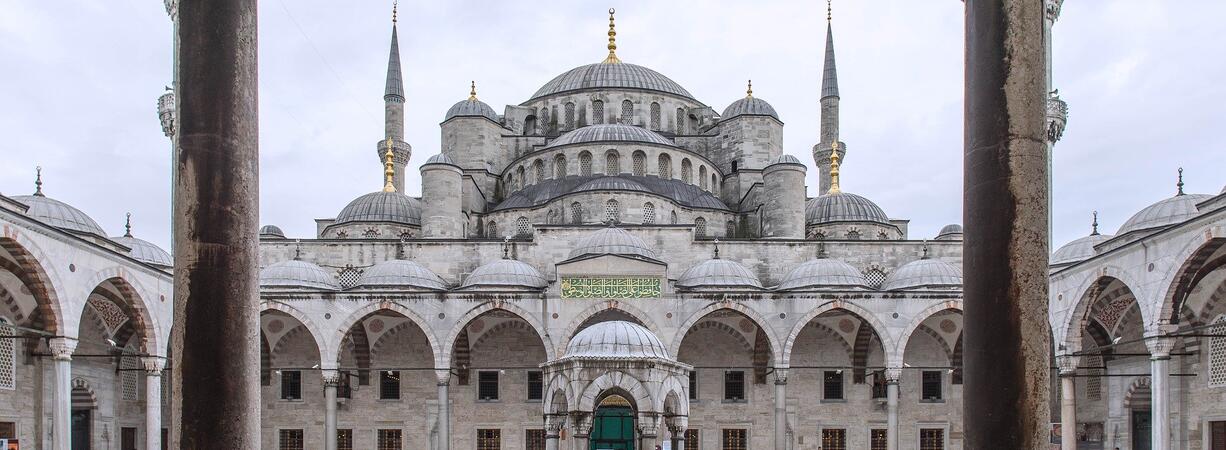Al-Mizan: A Covenant for the Earth
Islamic Foundation for Ecology and Environmental Sciences
February 27, 2024
Tehran Declaration on Environment, Religion and Culture
International Seminar on Environment, Religion and Culture
June 18-20, 2001
The Assisi Declarations: Messages on Humanity and Nature from Buddhism, Christianity, Hinduism, Islam & Judaism
Alliance of Religions and Conservation
Fatwa on Protection of Endangered Species to Maintain the Balanced Ecosystems
The Indonesian Council of Ulama
Islamic Declaration on Sustainable Development
United Nations World Summit on Sustainable Development
The original draft of the first official Islamic statement was entitled, the “Jeddah Environment Declaration.” This statement was later renamed the “Islamic Declaration on Sustainable Development.” This statement is included in the United Nations (UN) World Summit on Development (Johannesburg, South Africa) paper entitled, “General Framework of Islamic Agenda for Sustainable Development Islamic Declaration on Sustainable Development: Background Paper No.5.”
Knowledge of Creation
The Qur’an lays down the foundations for the conduct of our affairs in creation. At one level it is about conserving the body and soul and the marking out of our relationships with the natural order; at another level it is about the communities of beings that fly and crawl and lope and swim; and at yet another level it is about the cosmos, the elements, forests, mountains and rivers. The body of teaching in the Qur’an that deals with these matters may be described as ‘Ilm ul Khalq (Knowledge of Creation) which predates the Science of Ecology by fourteen centuries.1
Fazlun Khalid, Founder, Islamic Foundation for Ecology and Environmental Sciences: (IFEES)
The Qur’an addresses the whole cosmos
The Islamic view of nature and the environment, as everything else that is Islamic, has its roots in the Quran, the very Word of God, which is the central theophany of Islam… the Quran addresses not only men and women but the whole of the cosmos. In a sense, nature participates in the Quranic revelation. Certain verses of the Quran address natural forms as well as human beings, while God takes nonhuman members of His creation, such as plants and animals, the sun and stars to witness in certain other verses. The Quran does not draw a clear line of demarcation between the natural and the supernatural nor between the world of man and that of nature. The soul which is nourished and sustained by the Quran does not regard the world of nature as its natural enemy to be conquered and subdued but as an integral part of its religious universe sharing in its earthly life and in a sense even its ultimate destiny.2
Seyyed Hossein Nasr, Professor Emeritus of Islamic Studies, George Washington University
Endnotes
[1] Fazlun Khalid, Qur’an: Creation and Conservation (Birmingham: Islamic Foundation for Ecology and Environmental Sciences: [IFEES], 1999), Introduction.
[2] In Steven Rockefeller and John C. Elder, eds., Spirit and Nature: Why the Environment Is a Religious Issue (Boston: Beacon Press, 1992), 88.

Header photo: Hagia Sophia courtyard, Istanbul, Turkey

